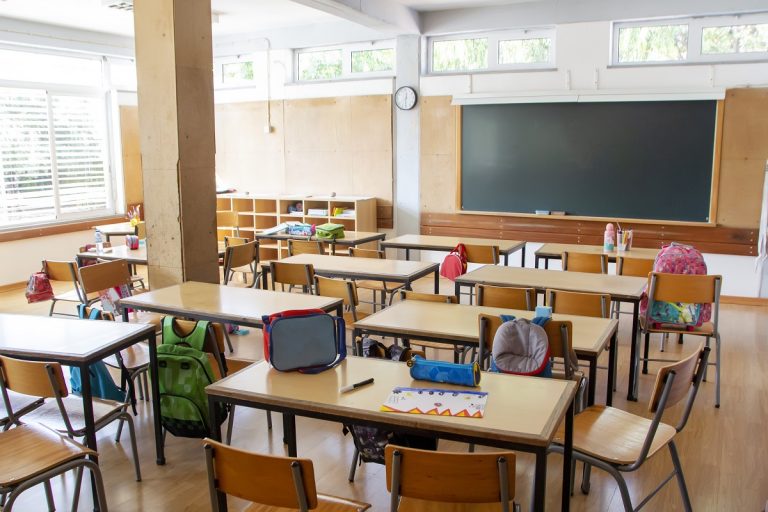Czech pupils in the fourth and eighth grades of primary schools have achieved above-average results in the Trends in International Mathematics and Science Study (TIMSS) testing of skills and knowledge, though they have worsened in both areas since the last tests, Central School Inspector Tomas Zatloukal told reporters yesterday.
Czech pupils’ results were above average among all the participating countries, as well as among EU countries.
However, fourth graders have worsened in science, and their results in mathematics are comparable to 2019. In a test of eighth graders, in which the Czech Republic last participated in 2007, Czech pupils had deteriorated in science, but improved in mathematics.
Boys achieved better results in mathematics and science, while the differences between girls and boys were bigger for pupils in higher grades.
The testing took place in 2023, with 59 countries participating in the fourth graders’ testing and 44 countries from around the world in the testing of the eighth grade pupils. In the Czech Republic, about 220 schools took part in the testing.
The best results were achieved by East Asian countries, such as Singapore, Taiwan and South Korea.
The Czech Republic has participated in the testing since 1995, Zatloukal said.
Since 2019, the proportion of fourth graders pupils who showed a low level of knowledge in science has increased, while the proportion of those at an excellent level has decreased. In maths, the proportion of fourth graders in each category remains similar, said the inspectorate.
The pupils’ results were affected by the COVID-19 pandemic since the 2019 testing; according to the inspectorate, distance learning had a bigger impact on fourth graders than on pupils from higher grades.
Since 1995, the proportion of eighth graders in the country with insufficient mathematics knowledge has gradually increased, from 2% to 8%. The share of eighth graders with the highest proficiency level has fallen from 15 to 10% over this time. However, the proportion of pupils in the two highest proficiency categories has increased compared to 2007.
In science, the share of eighth graders with the highest knowledge level has decreased since 2007, while the share of those with insufficient knowledge has increased.
Czech pupils were the least successful in maths tests in terms of orientation in graphs, tables or diagrams. Zatloukal said there was a close relation between maths and reading literacy. Czech school children have the potential to improve in this area, he added.
In science school subjects, Czech pupils are getting progressively worse in all of them. This is also related to the qualification of teachers, some of whom do not have a degree in the given subject. In sciences, the level of fully qualified teachers is relatively lower than in other subjects. Teachers who do not specialise in the subject need more methodological support, Zatloukal said.
Compared to the EU average, Czech pupils do not meet with much experimentation and research-oriented teaching. For example, 43% of Czech fourth grade pupils have never conducted an experiment.
According to the Inspectorate, the lack of experimental teaching can reduce interest in science and limit the development of practical skills. There is also a low emphasis on experimental and research-oriented teaching in Czech schools in higher grades (6th to 9th), the inspectorate said.







